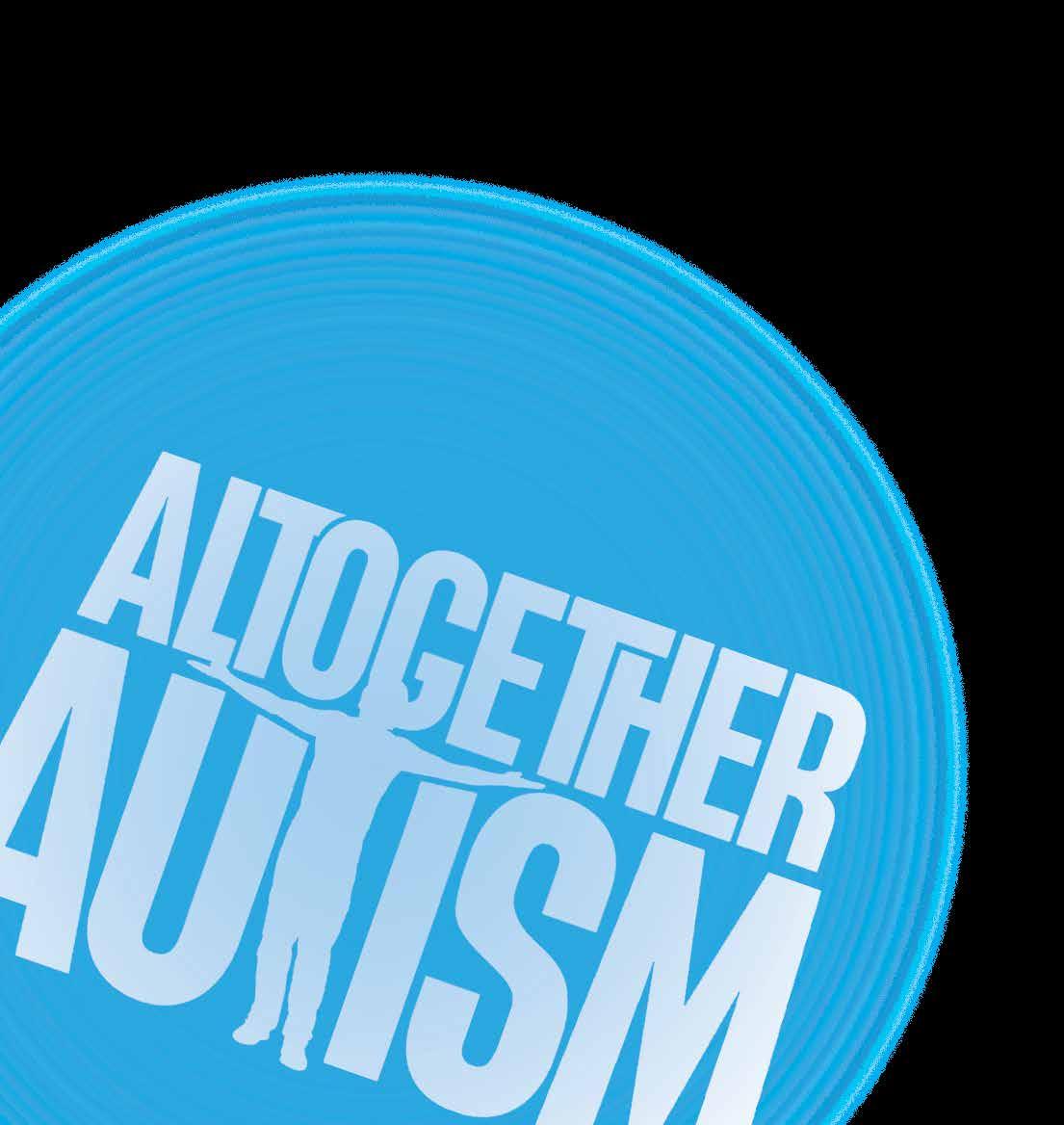
3 minute read
More than one neurotype
Autistic advocates are increasingly making their voices heard on social media. Rachael Wiltshire interviews neurodiversity advocate Kahukura Sinvold of ‘More Than One Neurotype’ to find out more about her experiences online.
The more this diversity is represented in mainstream media, the more likely it is that an autistic person will recognise themselves and be able to learn about autism, or even seek a diagnosis.
Advertisement
THE RISE OF SOCIAL MEDIA has made it much easier for autistic advocates to make their voices heard. Their accounts educate the general public about autistic people’s experiences, doing much to counter the stereotypes perpetuated by media portrayals of autistic people. They help parents and professionals to better understand how their child or client views the world. Finally, they validate the experiences of autistic people, making us feel less alone and helping us to learn more about how our own brains work.
Can you start by giving me a brief introduction to yourself and your account?
My name is Kahukura (Ngāi Tahu, Te Ātiawa) (she/her pronouns) and I am an autistic and attention deficit hyperactivity disorder (ADHD) neurodiversity advocate who was 'late diagnosed' in my thirties. I created the Facebook page "More Than One Neurotype" as a place to create educational graphics aimed at helping people understand and accept different brains, often with a focus on children. I follow the identity perspective of autism, which means I see it as a natural variation rather than a medical condition. That doesn't mean being autistic and ADHD doesn't have its challenges; it can be very disabling and challenging! But this isn't because we are 'wrong'; it's largely because our ways of being aren't accepted or accommodated.
Why did you get involved in autism advocacy online?
I'm an avid user of Facebook and I needed a space to infodump my thoughts and graphics. I get very frustrated with the lack of understanding around neurodivergency so I try to help people understand based off my own experiences. Neurodiversity is a special interest so I enjoy talking about it.
What do you enjoy most about being an autistic advocate online?
Connecting with other autistics and ADHDers and learning from all the other amazing advocates. I also enjoy having my thoughts valued.
What is the most challenging part of being an autistic advocate online?
Dealing with lots of comments and opinions, it can be quite unregulating! Especially when a post goes semi-viral and especially when things being said contribute to ableism and the stigma around being autistic.
How do you cope with negative comments?
(Personally, whenever I read a negative comment on anyone’s post, it makes me so viscerally angry and upset – so I’m in awe that you manage to cope with that every day!) I have boundaries around what comments I'm ok with staying; those that cross that boundary are deleted and I ban people. If I don't do this I can end up wasting energy with someone in an unproductive way. It's a form of self-care to create a space I like to be in.
What does ‘authentically autistic’ mean to you?
It means being who I am. It means not having to change my communication styles, my conversation patterns, my excitement... It means I don't have to cut off parts of myself to fit in. Hopefully one day I'll be able to do that without retribution from those who don't understand what it means to be autistic.
Thank you so much to Kahukura for agreeing to be interviewed, and for all the work that you do! Make sure to follow her on Facebook or on Instagram @morethanoneneurotype
Autistic advocates to follow online
If you’re looking for more autistic advocates to follow online, these are some of my favourite Instagram accounts.
Many of these people also have accounts elsewhere (for example, on Twitter, YouTube or TikTok), and those details will be in their Instagram bios: @morethanoneneurotype @chloeshayden @the.autisticats @neurodifferent @fidgets.and.fries @neurodivergentrebel @justkeepstimming @kidish_bambino @autienelle @lafilledani @autistic.academic










